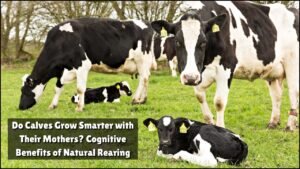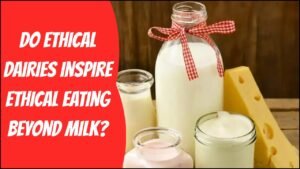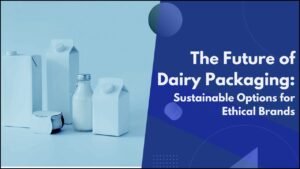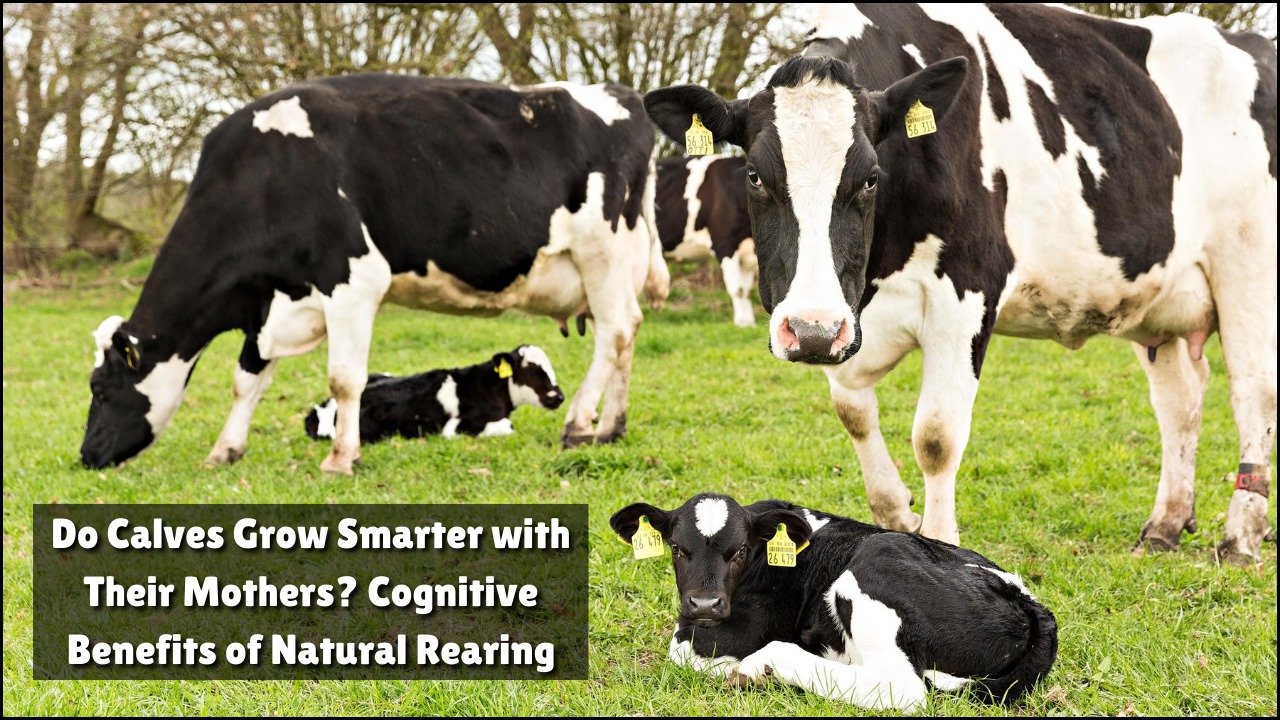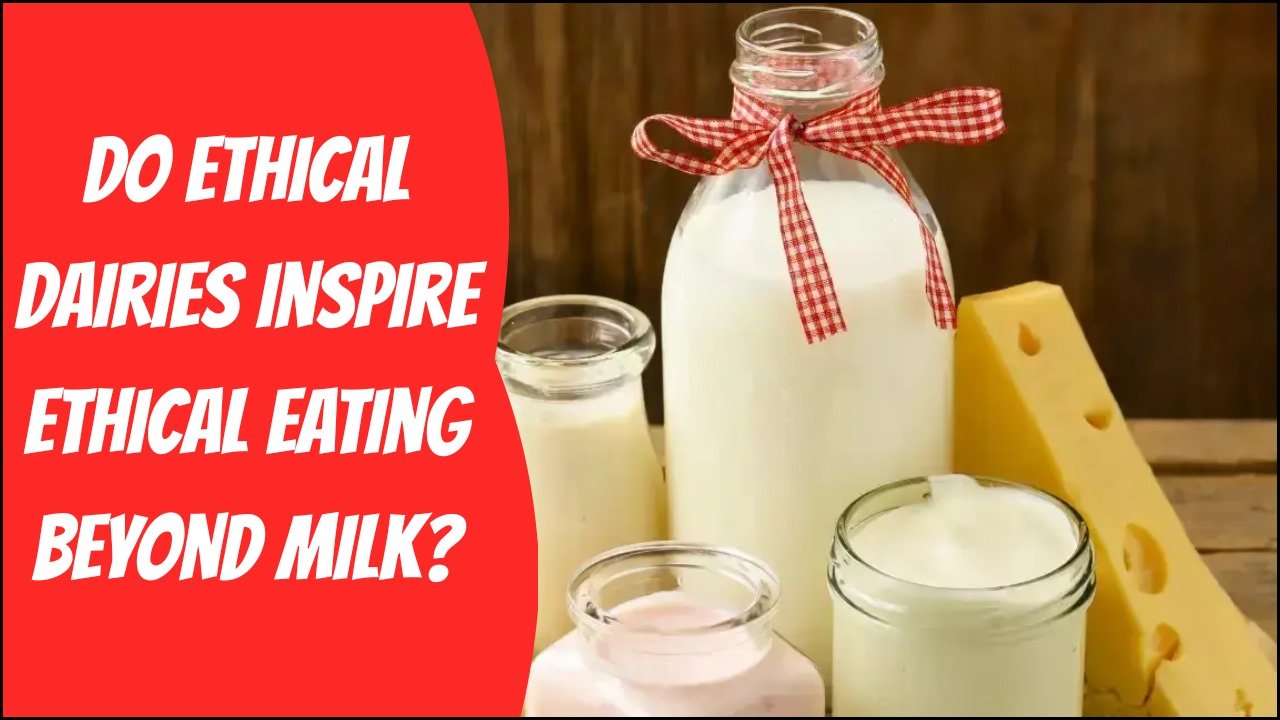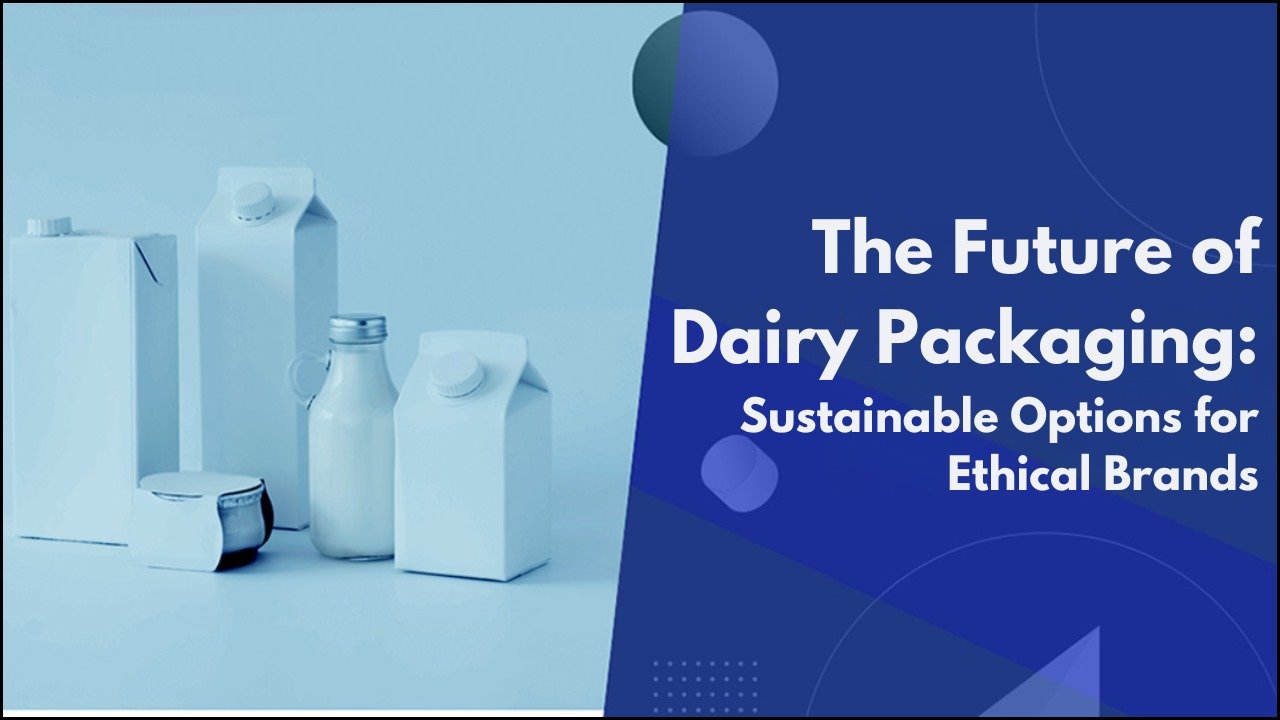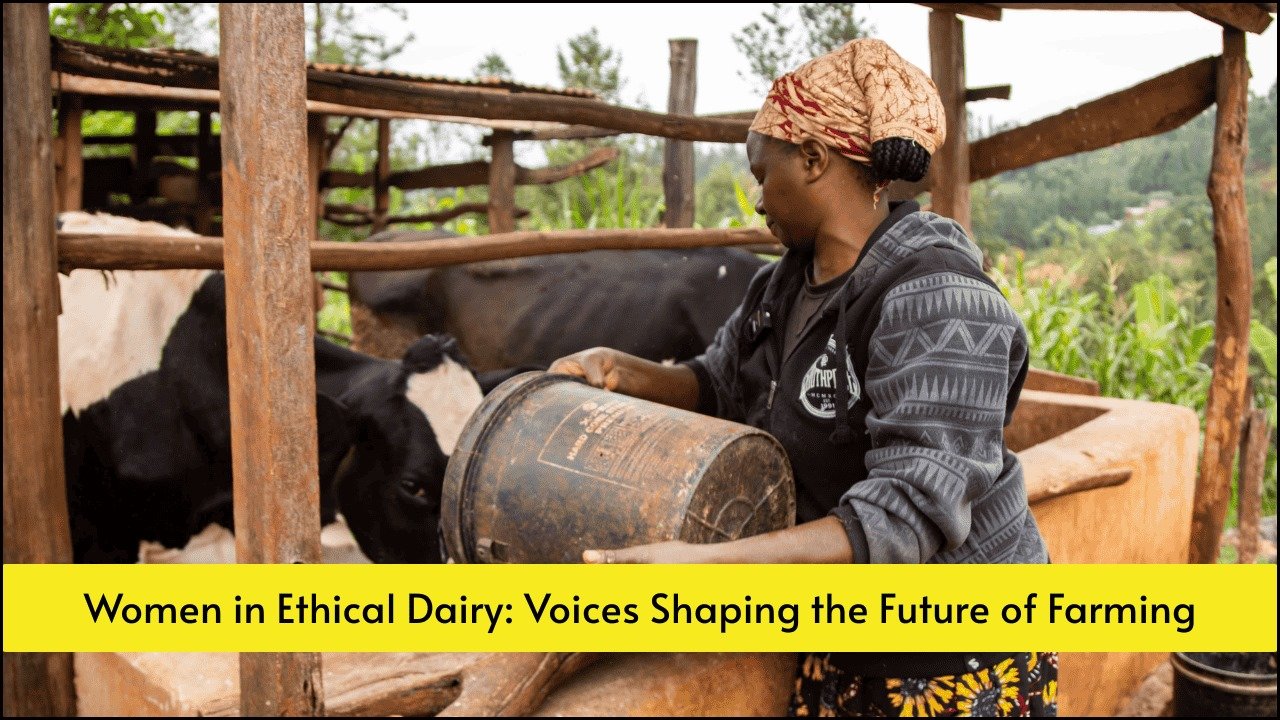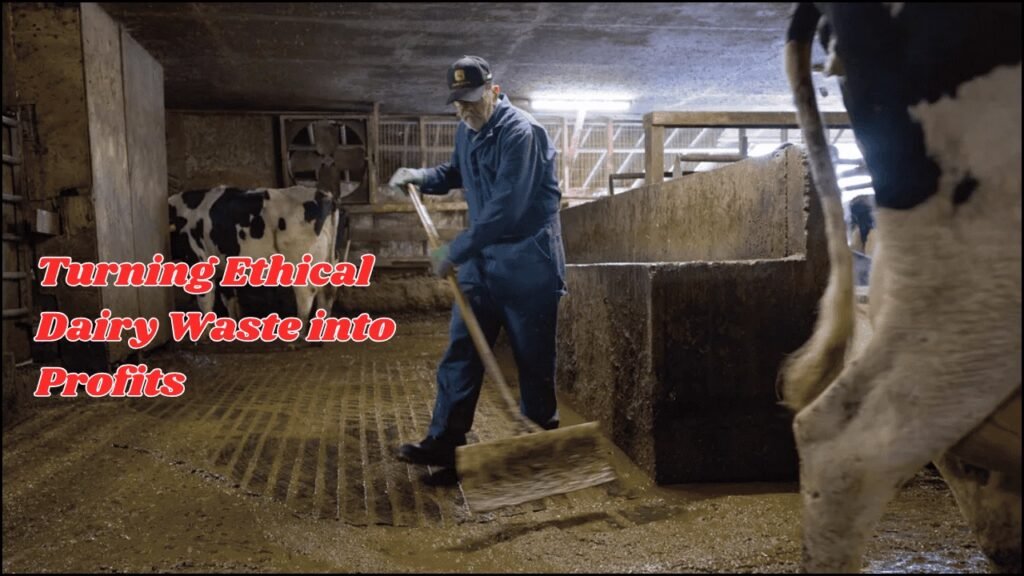
Ethical dairies are known for prioritizing animal welfare, sustainable practices, and high-quality milk. But beyond the milk, many dairies face a challenge—what to do with the large amounts of waste and by-products such as whey, manure, and excess feed. Instead of seeing these as problems, forward-thinking farms are discovering that waste can become a new revenue stream. By adopting creative solutions, dairies can both improve their bottom line and further enhance their reputation as sustainable businesses.
Table of Contents
Why Waste Management Matters in Ethical Dairies
Ethical dairies often operate on principles of environmental stewardship. This means that waste handling is not just about disposal, but about closing the loop of sustainability. Unused by-products, if left unmanaged, can harm the environment and increase farm costs. However, innovative strategies are transforming waste into valuable products—strengthening financial resilience and reducing ecological impact.
Overview
| By-Product | Traditional View | New Uses | Potential Profit | Environmental Benefit | Key Partners |
|---|---|---|---|---|---|
| Whey | Waste from cheese-making | Protein supplements, fermentation, feed | High (fitness & food market) | Reduces disposal waste | Health food companies, breweries |
| Manure | Disposal problem | Fertilizer, compost, biogas | Moderate to high | Cuts emissions, renewable energy | Farmers, energy firms |
| Buttermilk | Leftover liquid | Baking, dairy drinks | Moderate | Reduces food waste | Bakeries, food processors |
| Cheese trimmings | Low-value scraps | Processed cheese, snacks | Moderate | Minimizes losses | Retail food companies |
| Excess feed | Surplus | Animal feed trade | Low to moderate | Supports local farms | Neighboring farmers |
| Packaging by-products | Unused proteins | Biodegradable packaging | Emerging market | Reduces plastic waste | Eco-packaging firms |
Whey: From By-Product to Profit
Whey, a liquid left over from cheese-making, has traditionally been considered a waste product. But modern ethical dairies are turning it into a goldmine:
- Animal feed supplement – Whey is rich in protein and can be added to feed for pigs or calves.
- Nutritional products – With growing demand for health supplements, whey protein powders have become a major commercial opportunity.
- Fermentation uses – Some dairies sell whey to breweries or bakeries that use it in fermentation processes, adding new value.
By creating partnerships with local businesses, dairies can convert what was once discarded into a high-demand product.
Manure: The Hidden Asset for Soil and Energy
Animal manure is another often-overlooked resource. Instead of viewing it as a burden, ethical dairies are finding ways to monetize it:
- Natural fertilizer – Rich in nutrients, manure is highly valued by organic farmers who avoid chemical fertilizers.
- Composting and soil improvement – Packaged compost from dairies can be sold to gardeners and landscapers.
- Biogas production – Manure can fuel anaerobic digesters to produce renewable energy for farm use or sale to the grid.
In this way, manure not only reduces farm waste but also creates an additional stream of income while cutting energy costs.
Creative Uses of Other By-Products
Ethical dairies also generate other by-products that can be turned into valuable resources:
- Buttermilk – Can be sold directly or used in baking industries.
- Cheese trimmings – Repurposed into processed cheese or snacks.
- Excess feed – Redirected to neighboring farms with livestock.
- Packaging innovations – Some dairies are experimenting with biodegradable packaging made from whey proteins.
These initiatives not only minimize waste but also highlight the farm’s commitment to circular economy practices.
Building Partnerships and Local Markets
The profitability of waste reuse often depends on strong community and business connections. Dairies that partner with local farmers, breweries, bakeries, or renewable energy companies can find ready buyers for their by-products. Moreover, ethical dairies that showcase these efforts in their branding appeal to conscious consumers who value sustainability.
Challenges and Future Potential
While these practices show promise, dairies may face challenges such as high setup costs for biogas plants, regulatory hurdles, or the need for new distribution networks. However, consumer demand for eco-friendly products is growing, and many governments offer incentives for renewable energy and waste reduction. This makes waste-to-profit strategies a sustainable path forward for ethical dairies.
Conclusion
Ethical dairies are proving that sustainability and profitability can go hand in hand. By creatively rethinking waste, farmers can turn potential liabilities into valuable resources, reduce environmental footprints, and expand their business models. Whey, manure, and other by-products are no longer just leftovers—they are the building blocks of a more resilient and innovative dairy industry.
Would you like me to make the next article in this series more consumer-focused (like how shoppers benefit from buying products made from dairy by-products), or keep it farm-focused (on how dairies can maximize efficiency and income)?

